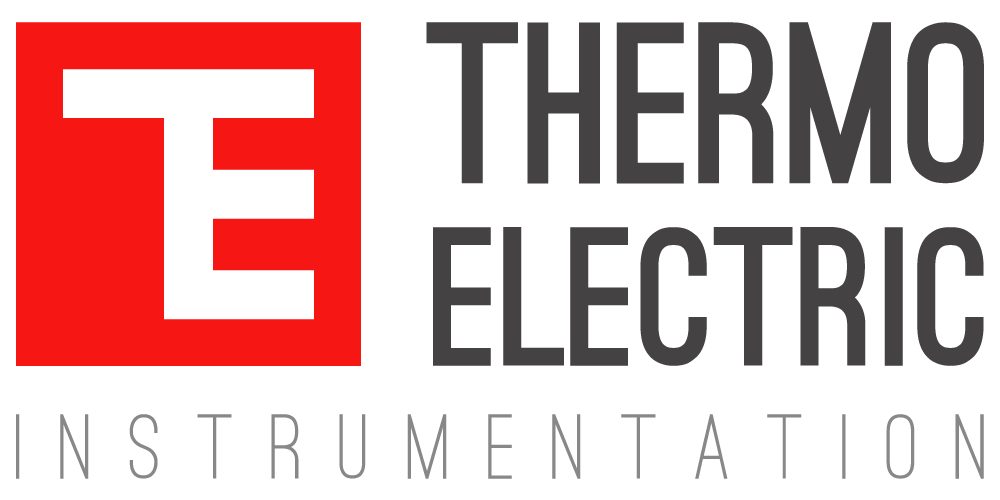Temperature measurement is a critical component in many industries, from manufacturing and energy production to medical devices and food processing. However, no two industrial processes are exactly alike, and standard temperature sensors may not always meet the specific needs of a particular application. Customization allows temperature sensors to be tailored to fit the exact requirements of a process, ensuring optimal performance, accuracy, and reliability. This article explores the impact of customized temperature sensors for optimal performance and the benefits they provide to diverse industrial applications.
Why Customization Matters
Temperature sensors are used in a wide range of environments, from high-temperature furnaces to cryogenic freezers. Each application has unique requirements that must be addressed to ensure accurate temperature measurement. Customizing sensors allows them to be optimized for:
- Specific Environmental Conditions: Different environments may have factors such as high pressure, corrosive substances, or extreme temperatures. Customizing sensors with the appropriate materials and configurations helps them withstand these conditions.
- Accuracy Requirements: In critical applications, even slight inaccuracies in temperature measurement can lead to significant problems. Customized temperature sensors ensure they meet the specific accuracy requirements of the process, reducing the risk of product defects or safety issues.
- Physical Constraints: Some applications may have space limitations or require sensors to fit into specific shapes or mounting configurations. Customization allows sensors to be designed to fit seamlessly into the available space.
Customization Options for Temperature Sensors
There are several ways that temperature sensors can be customized to fit the needs of a particular application:
- Sheath Materials
The sheath of a temperature sensor protects it from the process environment and must be chosen based on the conditions it will face. Common sheath materials include:
- Stainless Steel: Suitable for general-purpose applications and environments that require good resistance to corrosion and high temperatures.
- Inconel: A nickel-chromium alloy that provides excellent resistance to oxidation and corrosion, especially in high-temperature environments.
- Hastelloy: An alloy designed to withstand highly corrosive environments, making it ideal for chemical processing applications.
- Calibration Points
Calibration is essential for ensuring the accuracy of temperature sensors. Customizing calibration points allows sensors to be precisely calibrated for the temperature ranges they will encounter in their specific application. This level of customization ensures that the sensor provides accurate readings in the conditions where it is most needed.
- Mounting Configurations
The way a temperature sensor is mounted can impact its accuracy and reliability. Custom mounting options include:
- Threaded Fittings: Allow the sensor to be securely mounted in pipes or vessels.
- Flanged Mounts: Provide a more robust connection for sensors used in high-pressure environments.
- Welded Fittings: Ensure a permanent, leak-proof installation, often used in critical applications where reliability is essential.
- Junction Types
For thermocouples, the type of junction used can affect the sensor’s response time and electrical characteristics. Custom options include:
- Grounded Junction: Provides a fast response time by allowing the junction to be in direct contact with the sheath.
- Ungrounded Junction: Electrically isolates the thermocouple from the sheath, reducing the risk of interference from the process environment.
- Exposed Junction: Offers the fastest response time, ideal for measuring rapidly changing temperatures, but is more susceptible to damage.
- Sensor Length and Diameter
Customizing the length and diameter of a temperature sensor allows it to be tailored to the physical requirements of the application. For example, sensors used in confined spaces may need to be smaller in diameter, while sensors used in large industrial vessels may need to be longer to reach the desired measurement point.
Project Examples: Custom Solutions for Unique Challenges
- Chemical Processing Plant
A chemical processing plant needed customized temperature sensors for optimal performance that could withstand high temperatures and corrosive chemicals. By customizing the sensors with Hastelloy sheaths and ungrounded junctions, the plant was able to achieve reliable and accurate temperature measurements while minimizing the risk of corrosion and electrical interference.
- Semiconductor Manufacturing
In semiconductor wafer processing, maintaining precise temperatures is critical to product quality. The sensors used in this process were customized with exposed junctions for rapid response times and calibrated specifically for the temperature ranges encountered during wafer production. This customization helped maintain tight control over the process, reducing the risk of defects.
- Power Generation
A power plant required sensors that could withstand both high temperatures and the mechanical stresses of a high-pressure steam environment. The sensors were customized with Inconel sheaths and flanged mounts, providing the durability and secure installation needed for reliable operation under extreme conditions.
Benefits of Customizing Temperature Sensors
- Improved Accuracy: Designing temperature sensors for the specific conditions they will face helps ensure they provide accurate readings, reducing the risk of errors in temperature control.
- Enhanced Durability: Choosing the right materials and configurations allows sensors to withstand harsh conditions, extending their lifespan and reducing maintenance costs.
- Optimized Performance: Customization ensures that sensors perform optimally in their intended application, whether that means providing fast response times, resisting corrosion, or fitting into tight spaces.
- Reduced Downtime: By using sensors that are specifically designed for the environment in which they are used, companies can reduce the risk of sensor failure, minimizing downtime and maintaining continuous operations.
Wrapping Up
Sometimes, the bespoke route is the only available option when it comes to customized temperature sensors for optimal performance, accuracy, and durability across a wide range of industrial applications. By selecting the right materials, calibration points, mounting configurations, and other features, sensors can be tailored to meet the specific needs of each process, ensuring reliable temperature measurement even in challenging environments.
By working with our team of experts in sensor customization, you can rest assured that your temperature sensors are precisely suited to your unique needs, ultimately contributing to improved product quality, safety, and operational efficiency.


